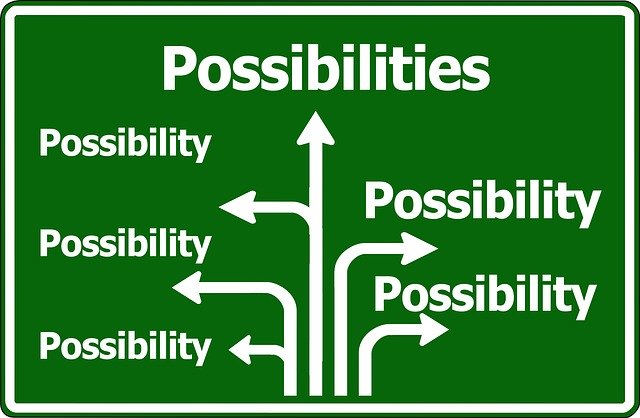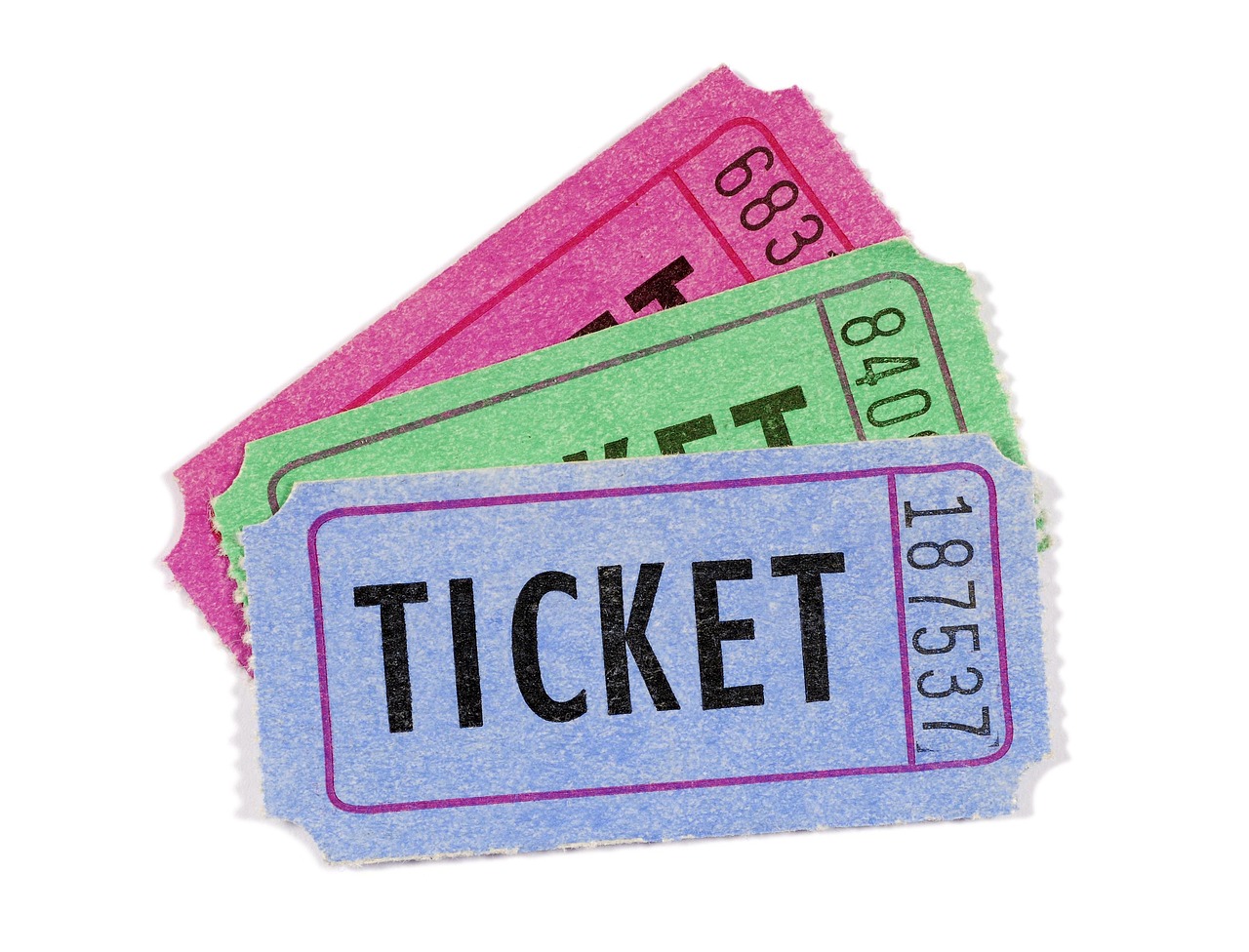The Concert Craze
Concert tickets aren’t just tickets anymore — they’re golden passes to once-in-a-lifetime experiences. Whether it’s Taylor Swift’s Eras Tour or Drake’s latest shows, demand is sky-high. But if you’ve tried buying tickets, you know the real horror story: they sell out in seconds, then reappear on resale sites for two, three, or even ten times the original price.
So what’s really going on here? Let’s break down the economics of concert tickets — and why resale markets are the ultimate example of supply and demand in action.
Why Tickets Sell Out So Fast
Artists and venues often set less desirable seats at prices below what fans are actually willing to pay. For example, a ticket listed at $200 on Ticketmaster might have fans willing to pay $500 or more. Pricing this way makes concerts feel more affordable and accessible to a wider audience — but it also opens the door for resellers who buy at the official “face value,” then flip the tickets at much higher prices to pocket the difference.
Using bots, many resellers can grab thousands of tickets in just minutes, which then flood secondary markets like StubHub or SeatGeek. With supply limited and demand massive, prices skyrocket — and fans are left either paying the inflated resale cost or missing out entirely.
I saw it myself with the Eras Tour. I considered paying $1,000 for a resale ticket — but in the end, I didn’t. Going into debt so a scalper could pocket my hard-earned money didn’t sit right with me. And honestly, I’m glad I walked away.
The Pushback Against Resale
This problem has become so bad that some artists are fighting back. Taylor Swift, Ariana Grande, and Ed Sheeran have all spoken publicly about the flaws in Ticketmaster’s system and the frustration fans face when scalpers snatch tickets. Others are experimenting with verified fan programs, dynamic pricing, or limiting transferability so tickets can’t just be flipped for profit.
It’s a reminder that even in entertainment, markets don’t always feel fair — and change only happens when enough people push back. So let’s stop feeding scalpers and start demanding better.
The Financial Lesson
Here’s the takeaway for students: don’t let scalpers drain your wallet. If you can’t get a ticket at face value, sometimes the smarter choice is to walk away instead of caving to a $200 ticket selling for $800. That extra $600 isn’t just “lost fun” — it’s opportunity cost.
Opportunity cost is what you give up when you make a choice. In this case, spending $800 on a resale ticket means giving up what that money could have been used for — like future experiences, savings, or investments.

What if you invested that $600 instead? Or even just the original $200? With average market growth, $600 could grow to nearly $1,000 in just five years. Keep making small, consistent investments like that, and suddenly you’re not just missing out on one concert — you’re building long-term financial freedom.
And getting started is easier than ever. You can open a brokerage account with Robinhood in minutes (we’ve broken down how it works here) and even get free stock just for signing up.
The Takeaway
Concerts are amazing experiences, and it’s worth spending on things you love. But when resellers take advantage of hype, the best move isn’t paying their inflated prices — it’s recognizing the trade-off and investing in yourself instead.
Student Reflection 🎟️
- If you missed out on a $200 concert ticket and saw it reselling for $800, would you pay it?
- What else could you do with that $600 difference?
- How does this example show the concept of opportunity cost in real life?
- If you invested that $600 instead of paying a reseller, how much could it grow in 5, 10, or 20 years?
